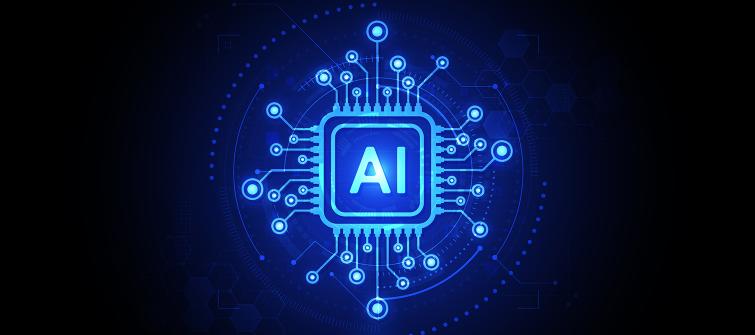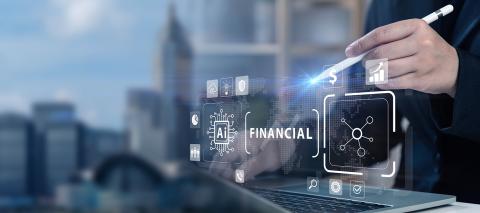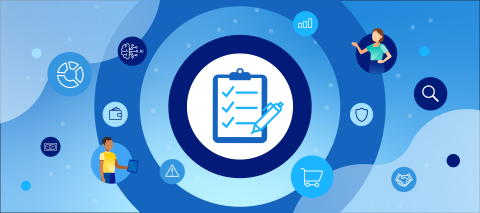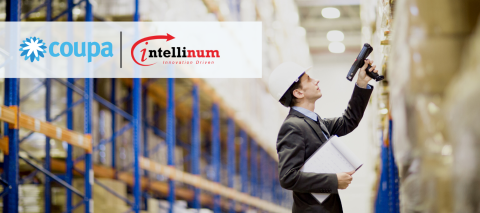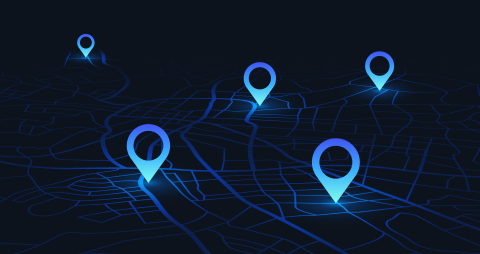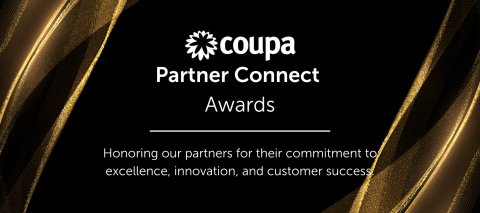Meg Hall
Director of Product Marketing, Coupa
Meg is an experienced product marketer with a passion for sustainability and ESG (Environmental, Social, and Governance). With 7 years in product marketing and 12 years in general marketing, she has a proven track record of success in product marketing, sales enablement, and go-to-market strategy. She leverages this experience to help companies identify how they can use their existing budgets for the most impact.
Meg is an expert in creating and executing sales enablement and sales communication programs, as well as designing powerful sales presentations and customer stories. She is also highly skilled in deriving, delivering, and presenting on key data insights. Meg is committed to sustainability and ESG, and is always looking for ways to incorporate these values into her work.
